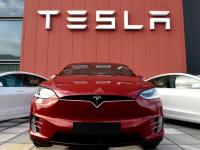This top six car companies will stop the production of Petrol and Diesel Vehicles by 2040
By Lokmat English Desk | Published: November 12, 2021 04:32 PM2021-11-12T16:32:56+5:302021-11-12T16:32:56+5:30

Concerns are currently being raised about rising carbon emissions around the world. This is mainly happening because of the fuels in vehicles, the vehicles release the highest amount of carbon in the Environment.Each country is working at its own level to reduce its carbon emissions.
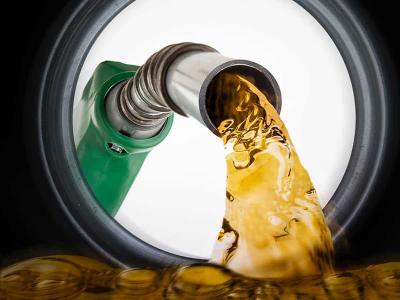
Some big companies have even started the mechanism to reduce carbon emission in vehicles, The world's top six companies have made a big decision to reduce their carbon emissions, and will generally stop producing petrol and diesel cars by 2040.
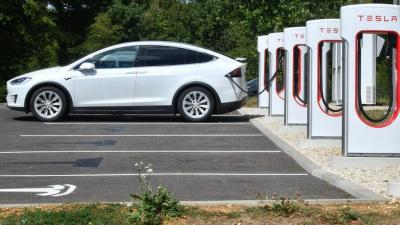
This means that cars running on petrol and diesel will not be introduced in the global market in the future. Against this backdrop, the big companies around the world are now turning to the electric car segment, and all the upcoming products coming in electric form.
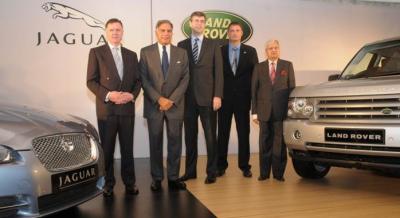
Six major car companies around the world have decided not to build vehicles running on petrol and diesel in the near future, including Jaguar Land Rover, which is owned by the Indian Tata Group.
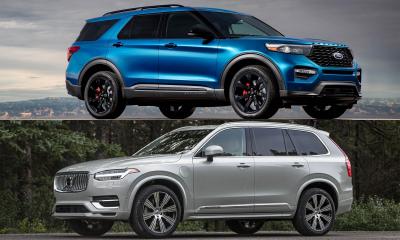
According to Reuters, Volvo in Sweden, Ford, and General Motors in the US, Mercedes Benz in Daimler AG, BYD in China, and Jaguar Land Rover in Tata Motors. Have decided to ban petrol and diesel vehicles.
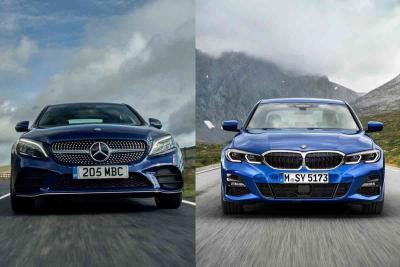
According to the agreement, the companies will completely stop the production of petrol and diesel vehicles by 2040 to control global warming. But, two major companies have refused to participate in the deal.
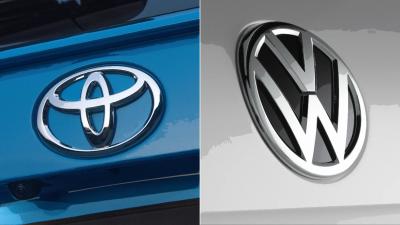
Sources said Toyota Motor Corp and Volkswagen AG will not be involved in this new scheme.
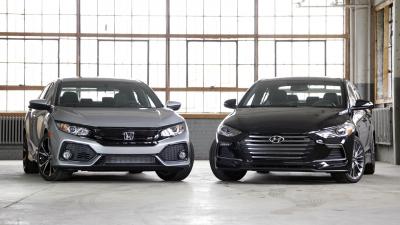
Also, the world's largest car companies Stellantis, Japan's Honda and Nissan, Germany's BMW, and South Korea's Hyundai have also refused to participate in the zero carbon emissions campaign
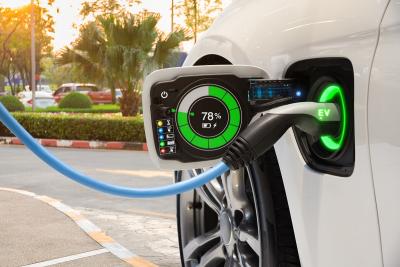
Even the small countries like New Zealand and Poland are involved in this campaign, but the big countries like China and USA have refused to be a part of the carbon reduction campaign.




















